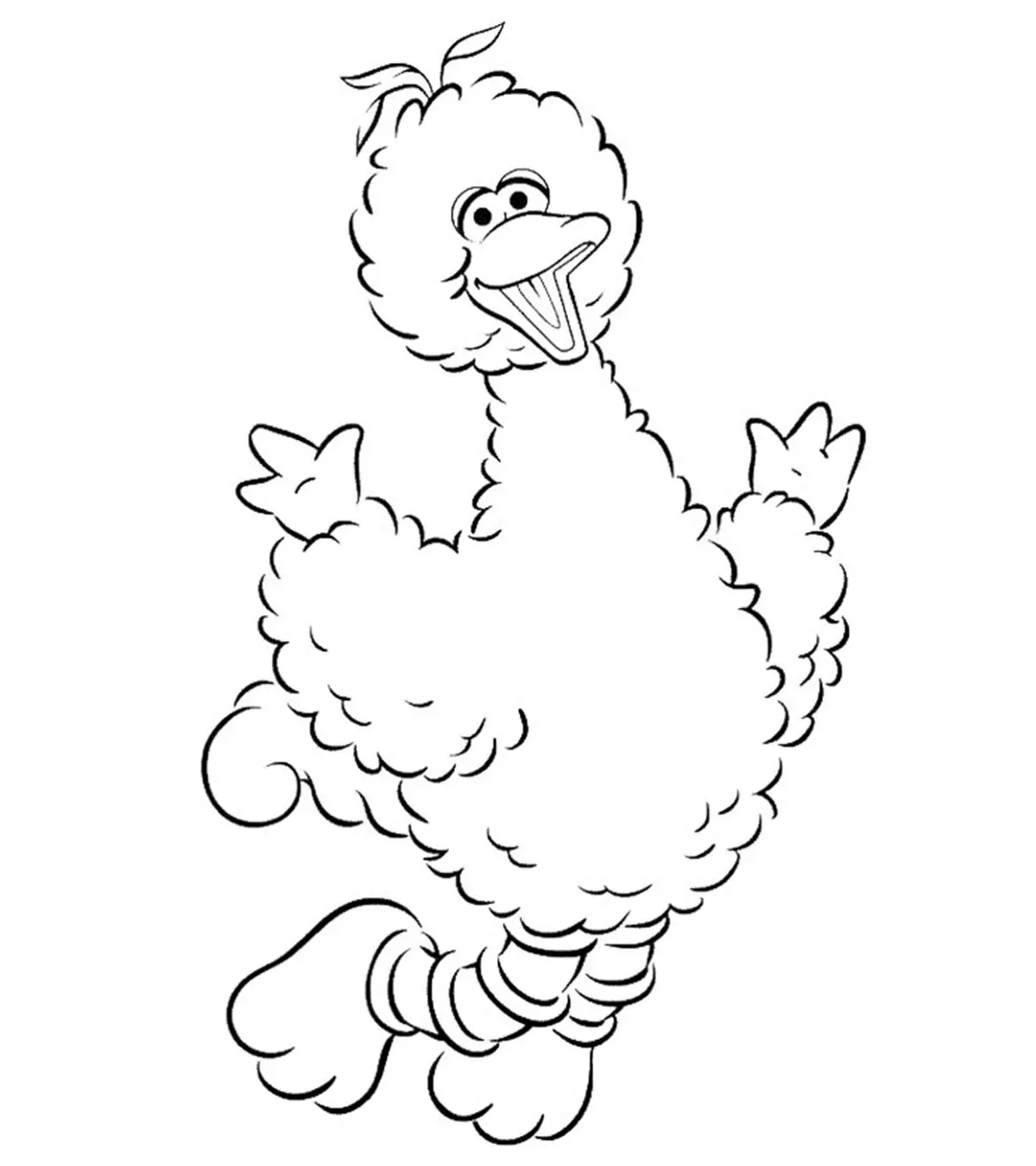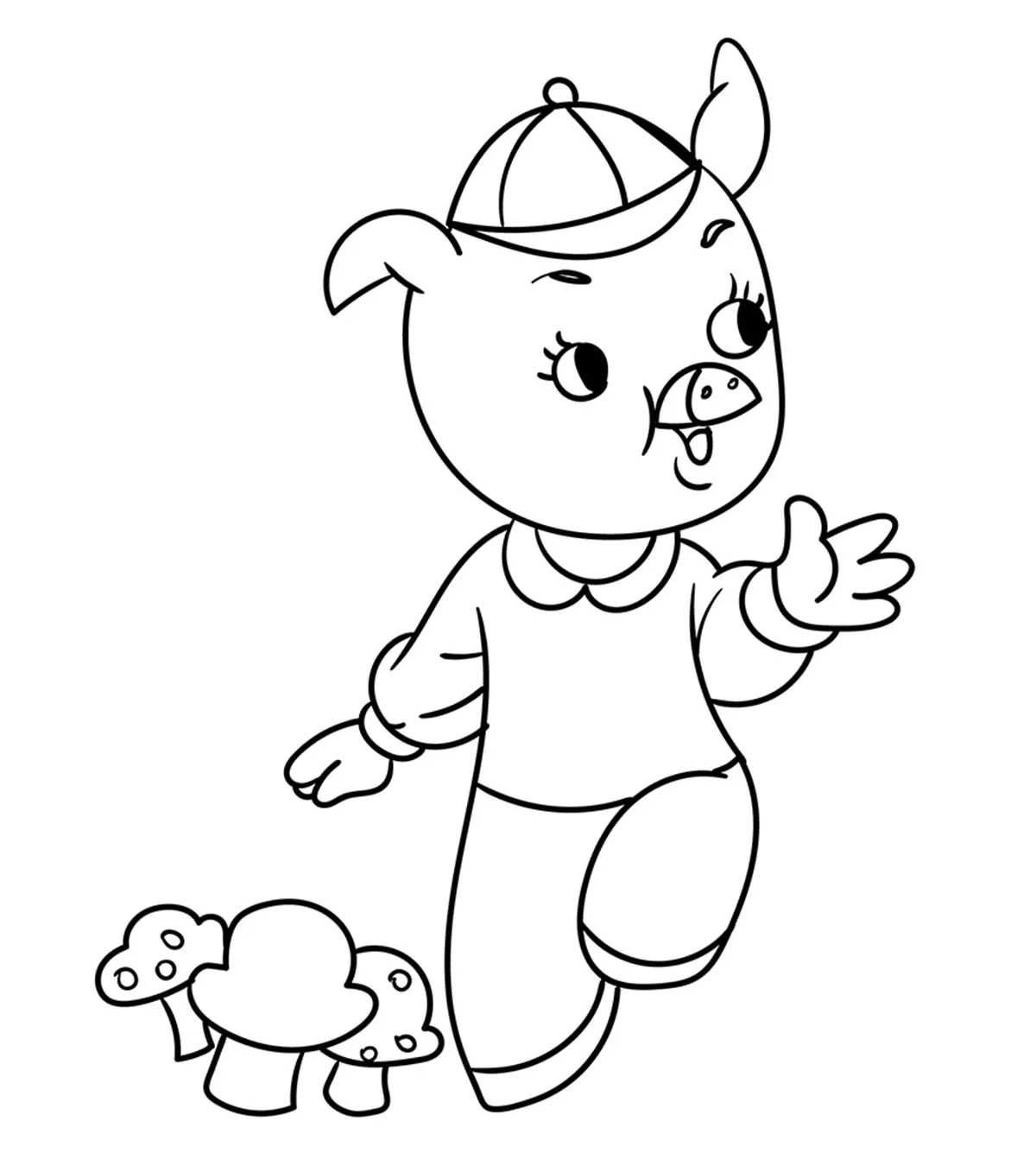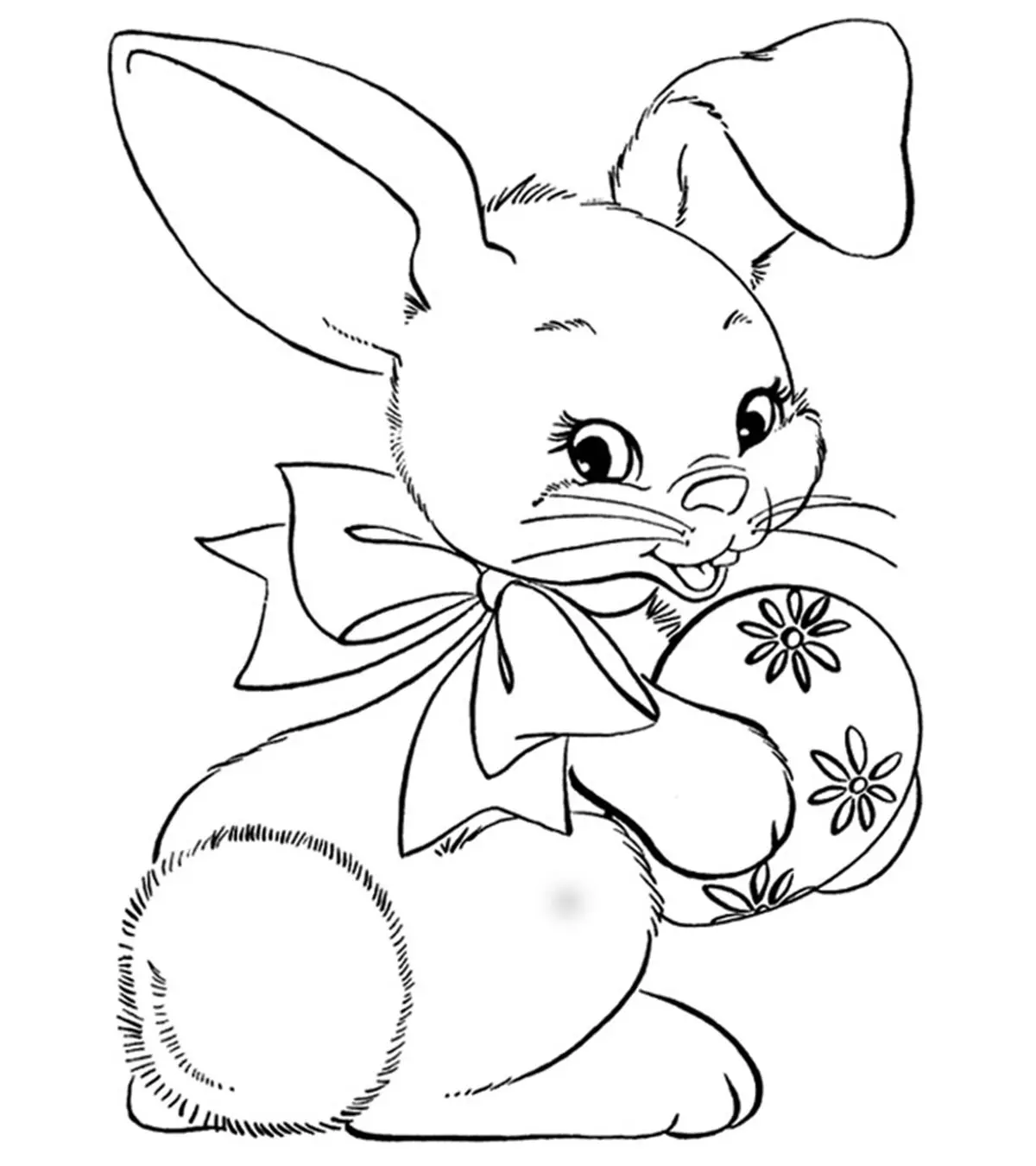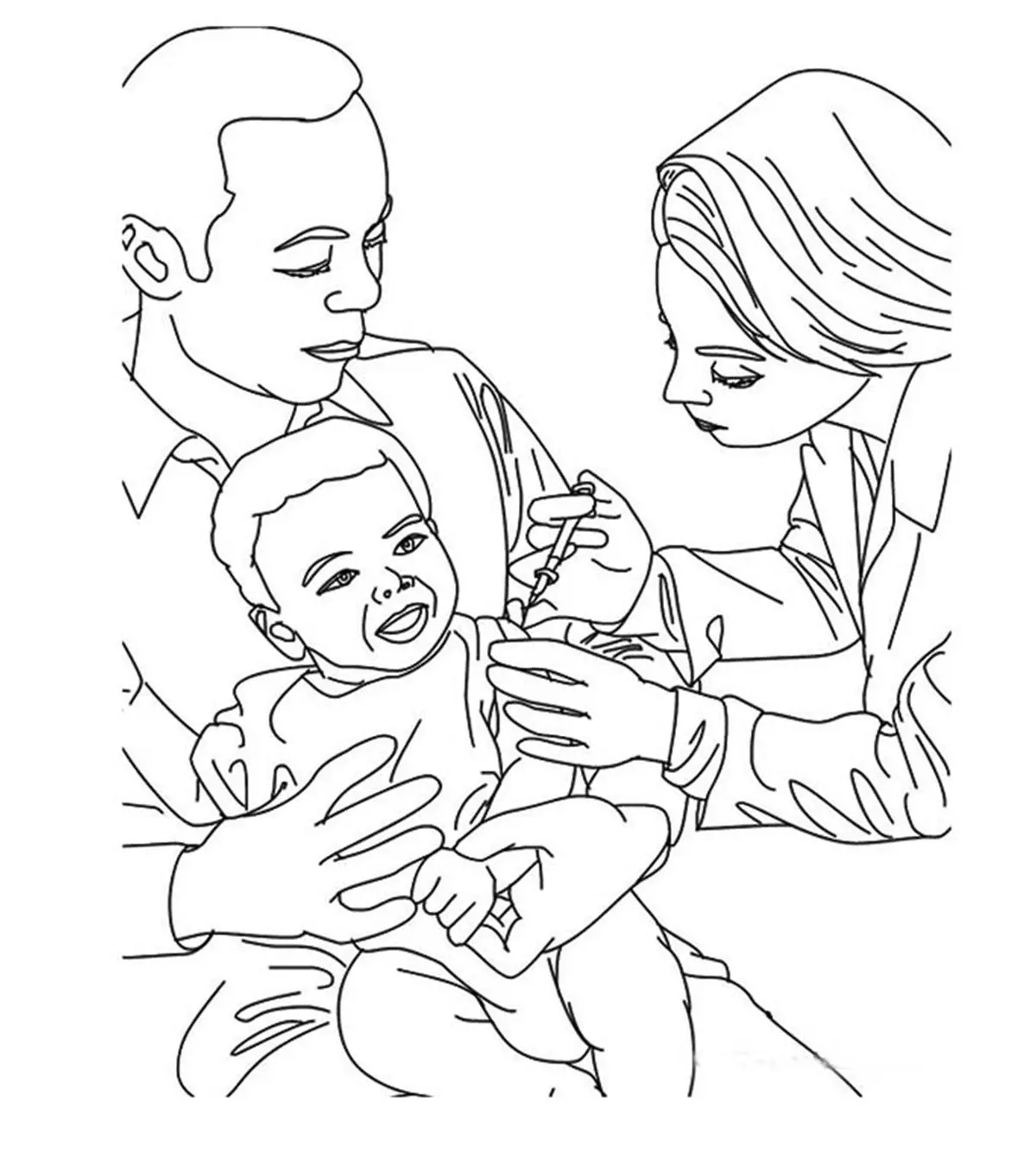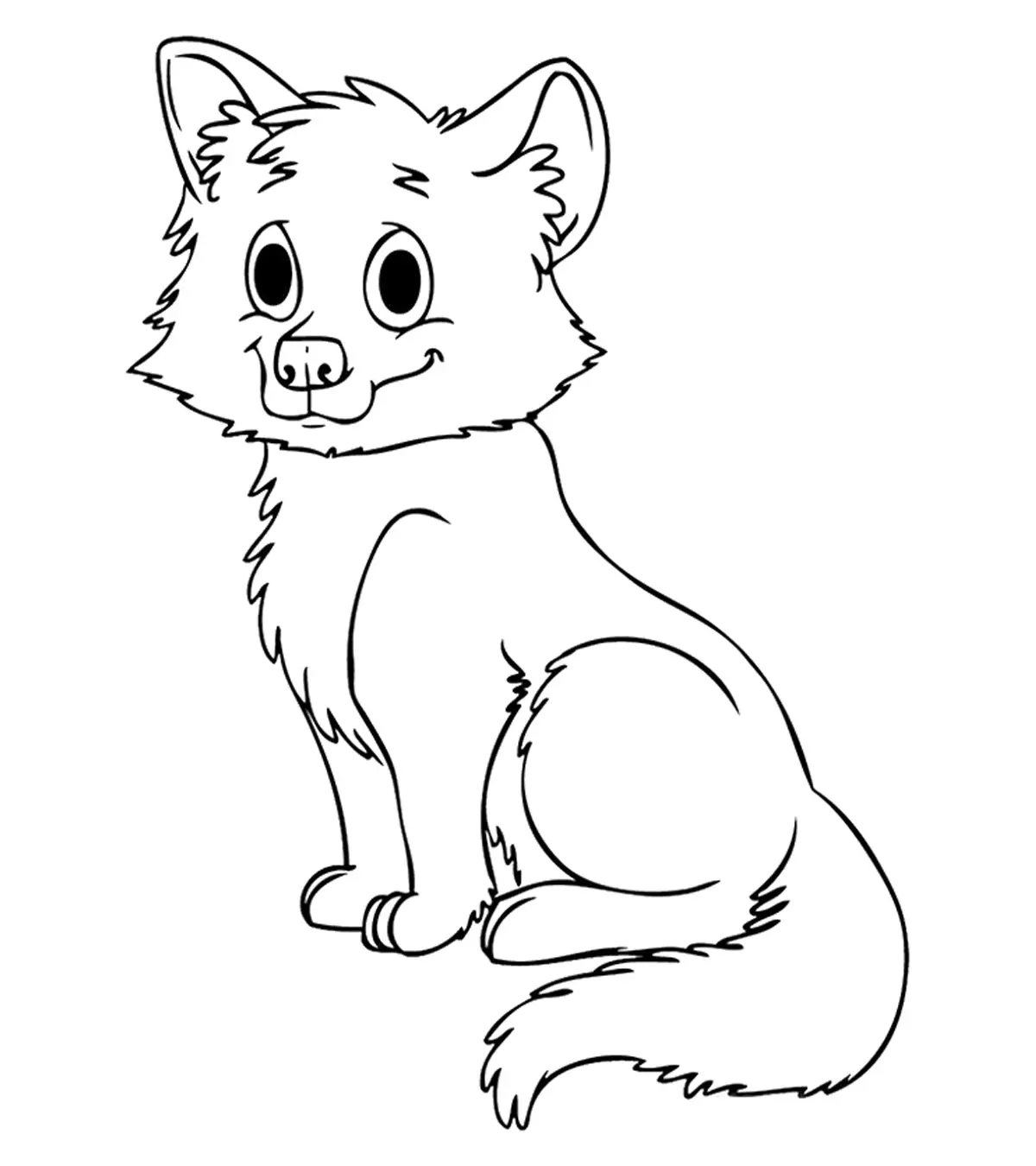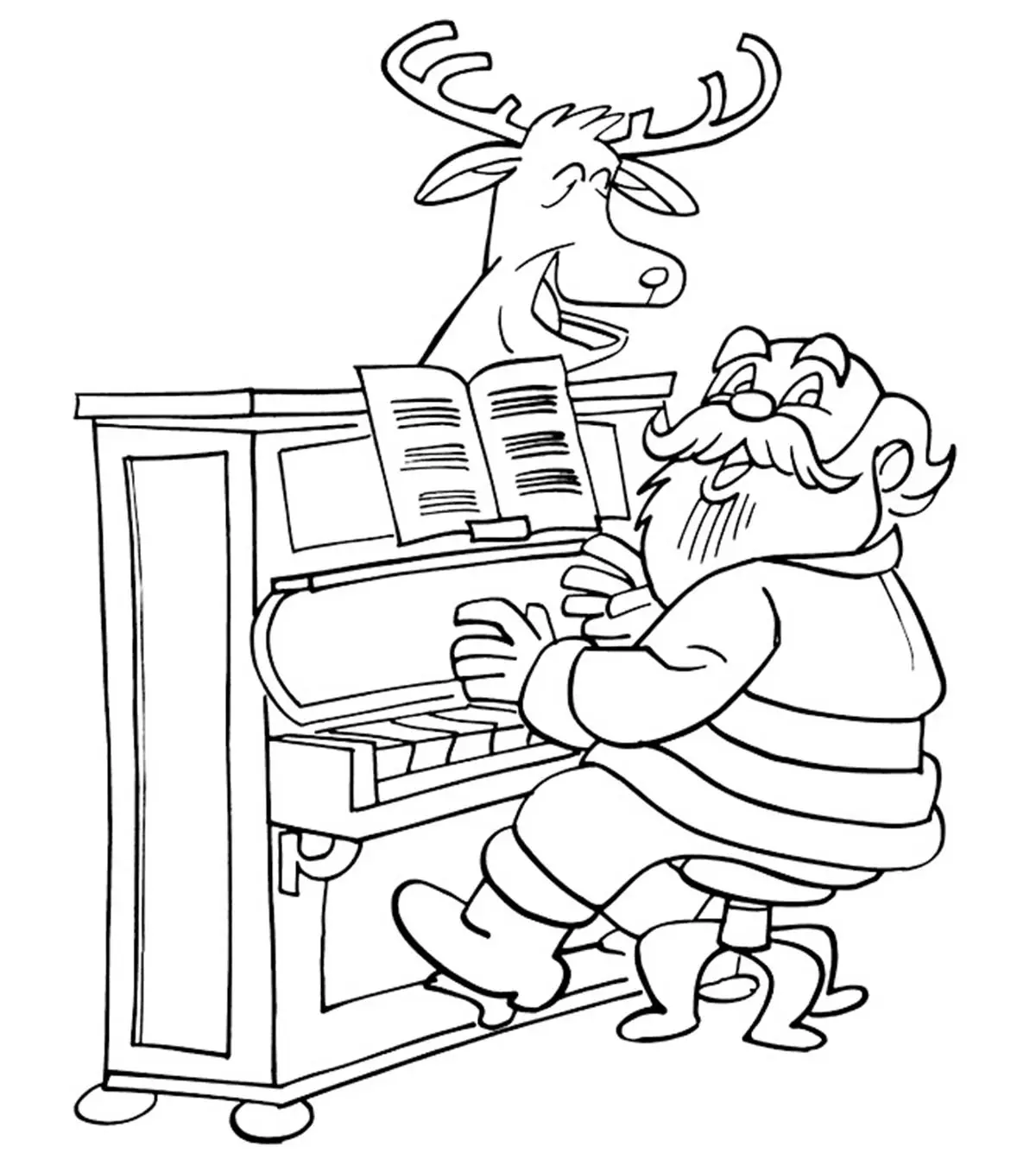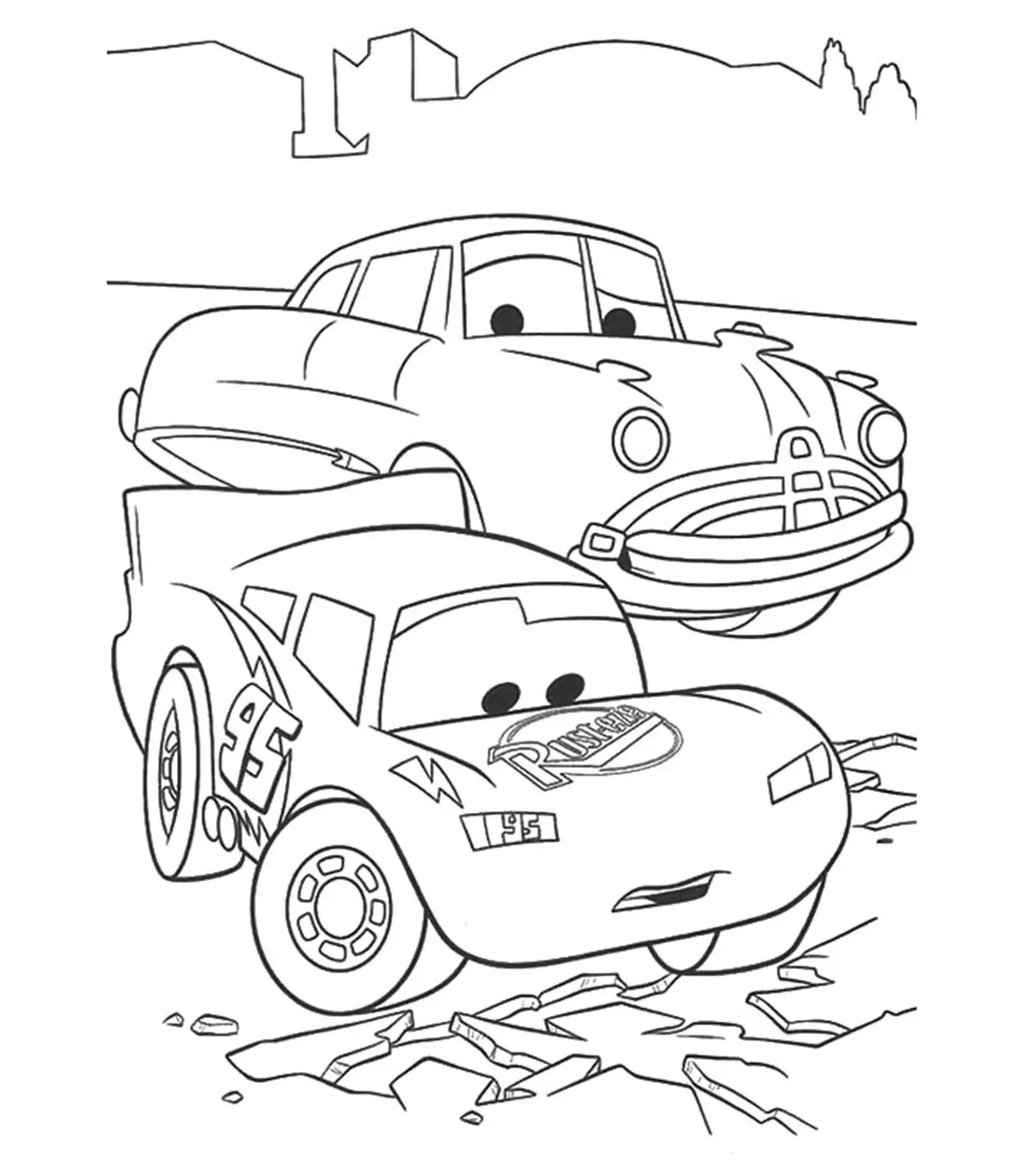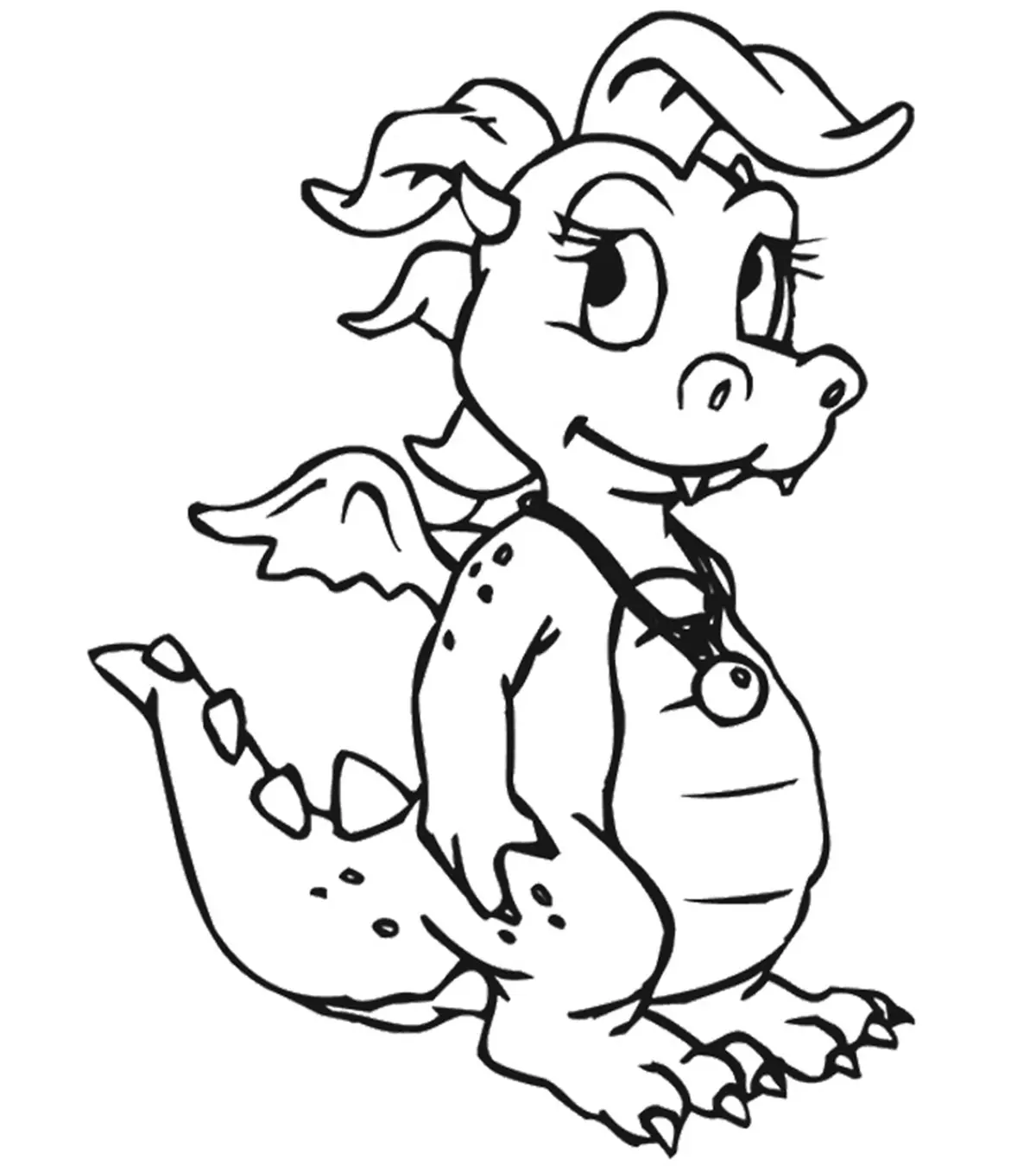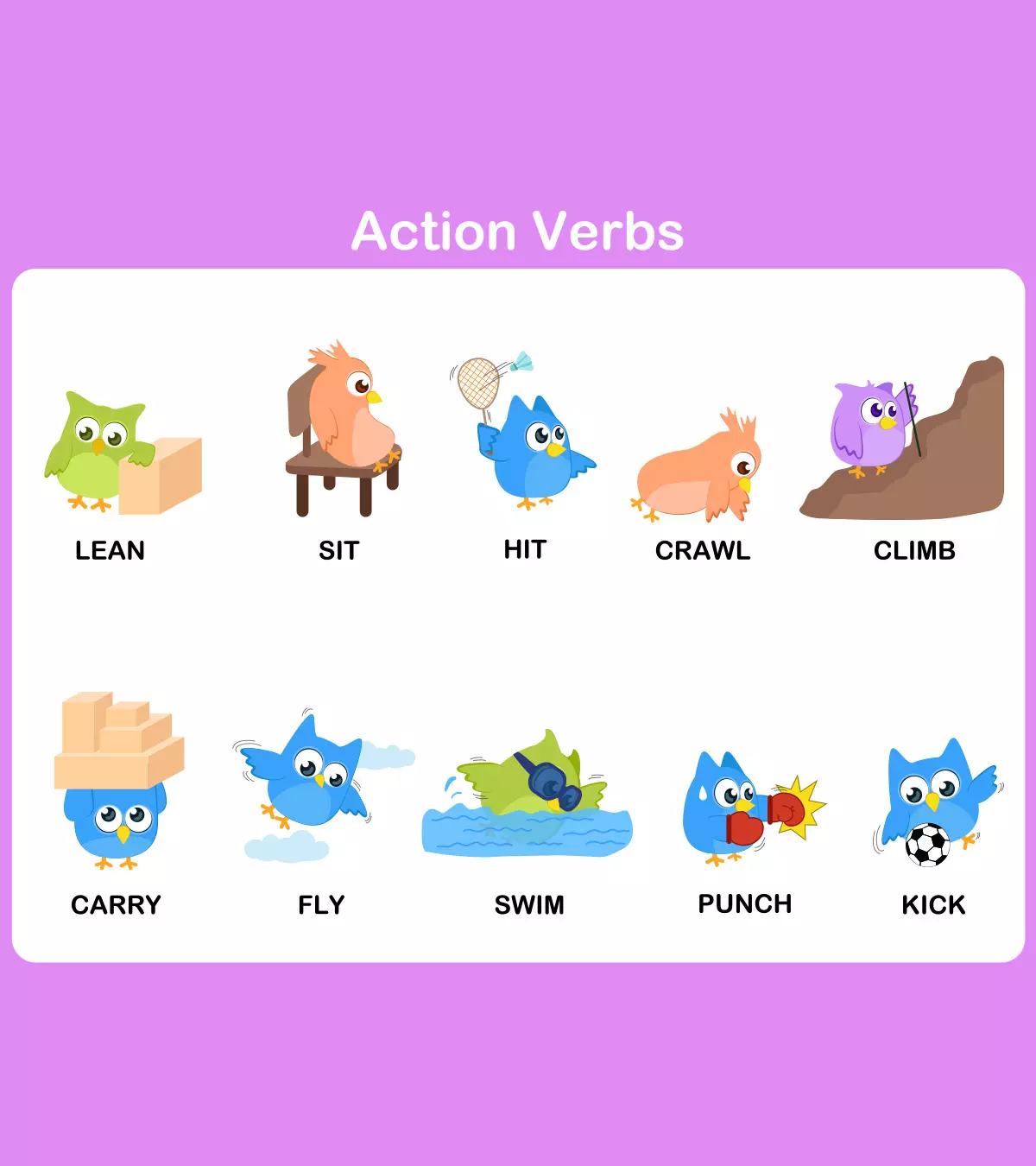
Image: ShutterStock
One of the best ways of teaching English to children is by introducing them to English learning games and activities for kindergarten. A game or activity makes any learning process easier because it’s fun and exciting.

When language learning is imposed, your children may find it challenging due to the rigid curriculum and lack of engaging resources. It takes away the fun element and leaves them with absolute disinterest. Thus, teaching children the language through games can help them grasp the language better. Also, digital or online resources have revolutionized language learning, providing learners with convenient access to interactive tools and immersive experiences.
Keep scrolling as we have listed some interesting games that can help improve the basic English literacy skills of kindergarteners.
Key Pointers
- English learning games can help children learn the language through engaging visuals.
- Games like the alphabet hunt and ABC balloons facilitate quick letter recognition.
- Activities such as Simon says the spell, make words, and fish me a word introduce children to a range of English vocabulary.
- Make the games interesting by adding colored papers, glitters, and music during playtime.
20+ Fun English Learning Games And Activities
Below is a curated list of over 20 engaging games that make learning English fun and enhance various language skills such as vocabulary, grammar, reading, and writing. Moreover, these games are designed for children to enjoy while learning, turning language acquisition into a joyful experience.
1. Fish Me A Word
You will need
- A list of simple words
- Piece of yarn
- Construction paper
- Pen
- Crayons
- One big wooden spoon
- Scissors
- Glue
- 12 paper clips
- Magnet
How to
- Guide your child to cut 12 shapes of fishes out of the white construction paper.
- Write one word from the list of simple words on each paper fish using a pen.
- Encourage your kid to decorate the fishes with the help of colorful crayons.
- Attach one paper clip to each paper fish.
- Tie one wooden spoon at one end of the string and magnet to its other end. Use the spoon as the fishing rod.
- Now, spread 12 paper fishes on the ground and tell your kid to use the fishing rod and fish out a paper fish which has the word that you will spell out.
- Call out one word, your child will bring the magnet attached to the fishing rod near the paper clip attached to the fish having your said word, and catch the paper fish.
- Every time your child picks the perfect one, tell them to spell the entire word loudly. This is a fun and interactive game for kids to learn spellings and pronunciations.
 Quick tip
Quick tip2. Alphabet Hunt
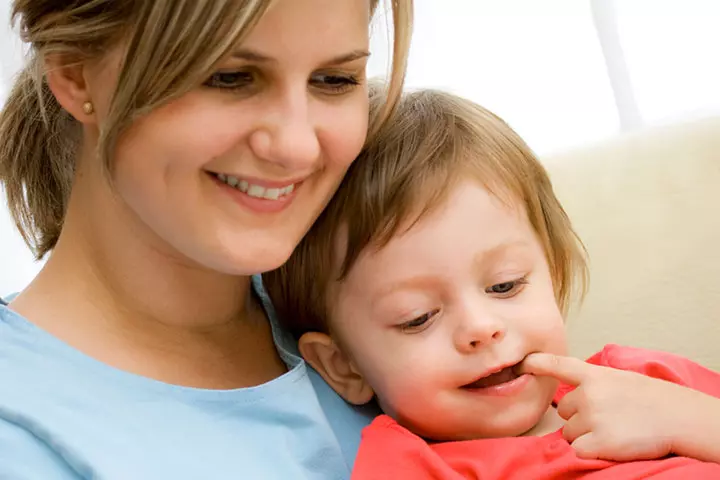
You will need
- Children’s magazine, such as ‘Time for Kids.’
- Large sheet of a cardboard
- Glue
- Markers
- Scissors
How to
- Create a column on the left side of a big cardboard sheet and tell your child to write all 26 alphabets in that column starting from A in the first row and ending with Z in the last row.
- Now, give your kid the latest issue of a children’s magazine that contains lots of images, and ask them to hunt for a picture which begins with each alphabet. For instance, tell your little learner to find a picture which starts with ‘A’ like an apple or airplane. Write the name of the image in the front of the letter ‘A’ on the cardboard. You can also help them cut out the image and paste it across A on the cardboard.
- The game continues till your kid finds images for all the alphabets.
- If your children enjoy water play, you can freeze the alphabets in ice and let the children search them out. Kate Naylor, a mother of three, made learning the alphabet into a fun activity for her children by telling them that Queen Elsa had frozen their alphabet. She says, “Today, I told my boys we were doing a letter review activity, but we were in big trouble because Queen Elsa froze them! My boys (ages 3 & 22 months) were both so excited when I brought out our ice covered letters with salt and warm, colored water to play with. My three said, ‘Wow! Elsa really froze these letters!’ …My boys started working at the ice with their hammers, but this didn’t work quite as planned. Keep the hammers out, because once the ice starts to melt they will come in handy!
“Next, we added ice and squeezed our warm, colored water onto the ice mound. …Note: It took some time for our ice mounds to melt. Perhaps a little too long. Next time I’ll remember that ‘less is more’ and use a smaller bowl, so the letters can come out quicker. Once we got the first letter out, my three (her 3-year-old son) matched it to our alphabet paper. I helped my 22 month old find the letters and identified them for him. At this point, he thinks every letter is a Q. Haha. I put the paper in a plastic sleeve, since the letters would most likely be wet. It took more than salt and warm, colored water to get out letters out, so I filled our pink bowl up with warm/hot water which helped melt the ice the quickest (i).”
 Quick tip
Quick tip3. Word Recognition Activity
You will need
- Lots of index cards
- Marker
- Old magazines having several images
- Glue
- Scissors
How to
- Write some simple words, which are easy to represent with pictures, on one set of index cards.
- Cut images of the written words from the old magazines and glue them on the other set of index cards.
- Spread all the index cards facing up on the table, and tell your kid to match each written word with its corresponding image. The activity completes after your child matches all the words with their related images. It can be one of the best games to practice English comprehension for kids.
Fun English word games encourage creativity, foster understanding of sentence structure, and promote storytelling skills.
4. Blindfold Guess
You will need
- A thick handkerchief or small towel
- Lots of easily recognizable objects
How to
- Spread lots of plastic objects, such as plastic animals, ball, and other toys that children can easily recognize just with a touch.
- Blindfold the kids one-by-one and tell them to touch the objects with their hands and guess them.
- Kids should name the objects that they feel with the spellings.
In addition to sharpening their sensory motor skills, this is an entertaining way of identifying common household objects. So, if you are wondering how to teach kids to spell, play this game with them.
5. ABC Balloon Game
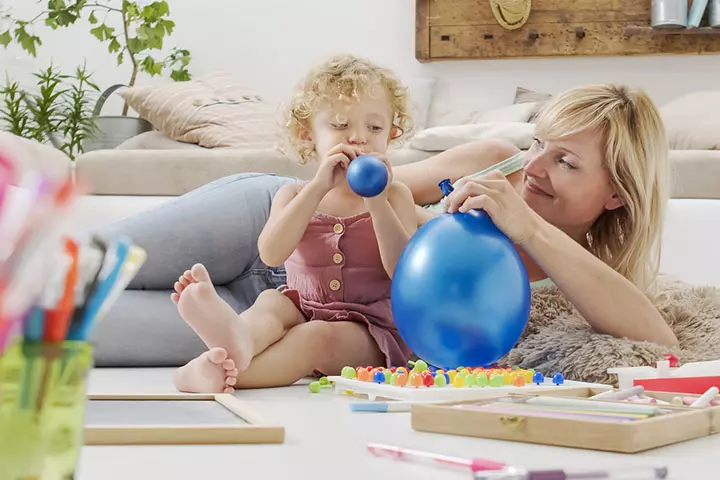
You will need
- 26 balloons
- A group of four or more kids.
- Permanent black marker
How to
- Inflate all 26 balloons with air (no helium).
- Use the black permanent marker and write one alphabet on each inflated balloon. Likewise, 26 items will have 26 letters, one on each ball.
- Make your kids sit in a circle. Make your kids sit in a circle. Now, you toss the ball with the letter “A” on it to a child in the circle, engaging in speaking out the letter loudly. Make the players shout the letter aloud and flip the ball in the circle without letting it fall and touch the ground.
- Add balloon B by tossing it to the particular kid, who held ball A first, and tell children to shout the letter and throw it in the circle.
- Keep on adding the other balloons. Once a ball falls and touches the ground, eliminate it, and tell kids to shout the letter out. The activity continues till all the balloons are in play.
 Point to consider
Point to consider6. Apple Pass
You will need
- A group of kindergarteners
- One plastic apple
How to
- Make all the kids sit in a circle. Get a plastic apple and toss it to one of the children saying one of the fruit words as you pass it.
- Tell kids to throw the apple at another child and pronounce a different fruit name. Circulate the apple in the circle and every time a child passes the apple they need to pronounce a different fruit name and pass. If the kid fails to say the name of a new fruit or they drop down the apple, then they are out. Apple pass is one of the best fun activities for kids to learn the English language.
The main aim of this game is to develop English literacy, enrich vocabulary and fluency.
7. Doctor Reading Game
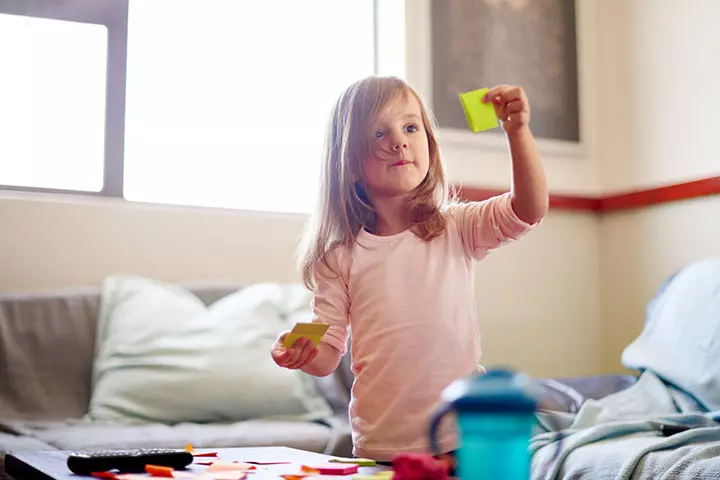
You will need
- Sticky notes
- Doctor toys
- Pen
How to
- Provide your child many sticky notes and tell them to write the names of several body parts, namely ears, forehead, nose, mouth, arm, leg, hand, stomach, neck, ankle, knee, foot, heart, and toe.
- Place all the notes facing upwards on a table so your child can pick them up with ease.
- Acquaint your child with the body parts corresponding to the names written on the notes through proper communication.
- Tell your kid to become a doctor and you act as a patient.
- Choose one of the sticky notes without picking it and act as if the particular body part hurts you.
- Tell your child to locate the body part, find the note, and place it on the correct area of your body. Then, pretend that your other body part is suffering the pain and repeat the activity till all sticky notes are gone.
This game provides good educational ideas to motivate children for their future by stimulating their imagination. It also makes children use simple words and sounds, making it one of the most effective reading games for kids.
8. Simon Says Spell
You will need
- A group of kindergartners
- Lots of objects
How to
- Gather a group of kids and acquaint them with various objects.
- Tell them that you will mention a letter in a sentence and children need to find and touch the object. For instance, you will say, “Simon says touch an object beginning with ‘B’.” Then the students need to figure out objects in the surrounding area, such as a ball, bin, boots, or some other item starting with B and touch them.
- If a kid feels a wrong item by mistake, they are out. This is one of the interesting activities to learn and enhance English for kids in an easy way.
9. Guess Emotions
You will need
- A group of kids
- A sheet of paper
- Pen
How to
- Teach a group of students various facial emotions and their wording, such as happiness, sleepy, angry, surprised, sad, and grumpy.
- To play the emotions-guessing game, you act out one of the emotions and tell kindergarteners to guess it. The first kid who guesses it right should act out and guess the next emotion.
Playing these games forms an intimate human connection and bonding that technology cannot replicate.
10. Make Words Game
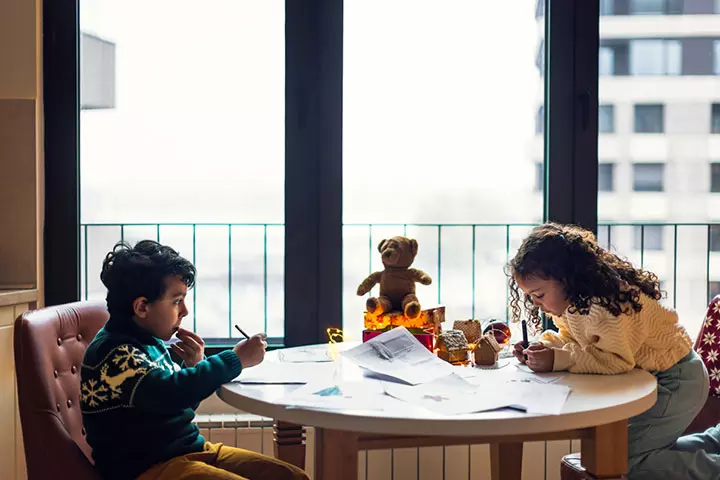
You will need
- Lots of pieces of small card papers
- Black marker
- A group of children
How to
- Write one letter on one piece of card paper. Likewise, continue by writing one letter on each card piece, thus completing all 26 letters.
- Spread the pieces of card papers on the table in a random manner.
- Tell your kindergartner to choose the letters from the group of the paper pieces and create simple words, such as cat, hat, cap, tea, and other simple words.
- The child who makes the maximum number of words out of the group of alphabets is the winner.
11. Balderdash Game
You will need
- Word list
- A group of kids
- Papers
- Pens
How to
- Begin by selecting a Word Reader who reads an unusual word aloud.
- Players then craft inventive definitions for the word, aiming to trick others.
- The Word Reader collects and reads all the definitions, including the correct one. Players vote on the definition they believe is real, earning points for correct guesses or fooling others with their made-up definitions.
- Rotate the Word Reader role for each round, and continue the laughter and learning.
- Balderdash enhances language skills and fosters imaginative thinking, making it a delightful and engaging game for kids.
12. Board Game
You will need
- A group of kids
- A board (blackboard or whiteboard)
- Chalk or marker
How to
- Divide the children into groups of threes or fours. If there are fewer children, you can also make groups of two or even tell each child to participate individually.
- Give each group a different color chalk piece or marker.
- Write a topic on the top of the board. Draw vertical lines on the board so that each section is for a group.
- Once the game starts, the children should write as many words related to the topic on the board as they can.
- The game proceeds in the form of a relay race. One child from every group comes forward, writes on the board, runs back to the group, and hands the chalk/marker to the next child in line.
- The group that writes the maximum words in the given time, wins.
13. The Punctuation Game

You will need
- Sheets of paper
- Pencils
How to
- Either write or print some sentences without any punctuation marks on a sheet of paper.
- Give your child the sheet and a pencil and ask them to put in punctuations wherever necessary.
- You can set a time limit based on the difficulty level and ask them to fill in the right punctuation.
- For beginners, you may leave empty spaces in place of a punctuation mark so they would know that they need to add a punctuation mark.
14. Word Jumble
You will need
- Sheets of paper with printed sentences
- Scissors
- Bowl
How to
- Print various sentences of different lengths on a sheet of paper.
- Cut out each word separately.
- Put all the chits in the bowl.
- Let your child pick out the words and reconstruct the sentences.
- You can expand this game for larger groups of children, too.
15. Memory Game
You will need
- Blackboard and chalk
- Duster
- Word list
- A group of children
How to
- Write several words on the blackboard from your word list.
- Let the children stand before the board and read the words for a minute. They should try to commit it to memory.
- Then ask them to turn around.
- Rub out a word from the list.
- Now the children turn around again and try to guess which word is missing.
16. Charades
You will need
- A group of children
- Word list
How to
- Divide the children into two teams.
- Ask each child from both groups to come to you in turns.
- Whisper a word into their ear.
- Every child takes turns to enact their word to their team.
- If the group guesses the word, they get a point. Otherwise, the other team gets a point.
17. Pictionary
You will need
- Whiteboard and marker or pen and paper
- Group of children
- Timer
- Word list
How to
- Divide the children into two teams.
- One child from team one comes to the host to get their word.
- Then they go to the whiteboard and draw an image describing the word.
- The other team should guess the word within the set time limit, usually a minute.
- The same process continues with the next team as well. The team that guesses more words right wins the game.
18. Categories
You will need
- List of topics written or printed on paper
- Printed alphabets
- Two bowls
- A group of children
How to
- Cut out the different topics from your list and make individual paper strips. Put them in a bowl.
- Do likewise with the list of alphabets. Put them in the second bowl.
- Sit in a circle with the children and keep the bowls in the middle.
- Pick a topic from bowl 1 and an alphabet from bowl 2.
- Every child has to call out a word that suits both categories.
- For example, if you pull out “animals” and “M,” the children have to call out animal names starting with M.
19. Mimers
You will need
- Pieces of paper
- Bag
- A group of children
How to
- Write several actions on the pieces of paper. Include actions from daily activities, too, such as washing hands and sleeping.
- Put the chits of paper in the bag.
- Let each child pick a chit from the bag.
- They should enact the action written on the chit to the other children.
- The other children can guess and then the next child does the same.
20. The Association Game
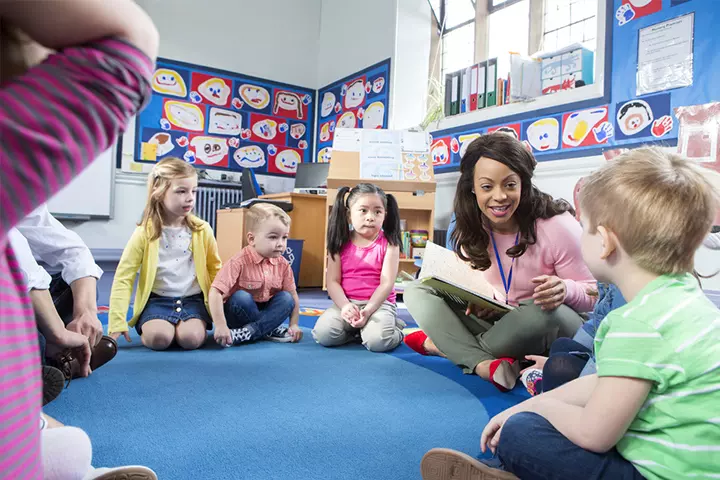
You will need
- A group of children
How to
- Sit in a circle.
- The host says a word.
- The child to their left immediately comes up with a word associated with the previous one.
- The game continues this way.
- If someone is unable to come up with a word within 10 seconds, they are out.
- For example, if the first word is mango, the next word could be fruit, and the next could be orange, followed by red.
21. Who Am I?
You will need
- Sticky notes
- A group of children
How to
- Write a profession on a sticky note and stick it on a child’s back.
- The child should walk around the class and ask questions about what is written on their back.
- The other children have to act out the profession until the child guesses what is written on the back.
- The game continues with each child taking turns.
Through these above-mentioned games, children can improve their English grammar and phonics in an easy and exciting manner that will boost their overall education.
Frequently Asked Questions
1. Can English be learned through games?
Yes, playing games to learn English is an excellent approach as it engages children actively, making learning fun and less intimidating. Games foster a positive learning environment to help shy children feel more comfortable practicing their language skills. Children who are shy or afraid of mistakes can benefit from learning the language through games.
2. Is Duolingo a game-based learning?
Yes, Duolingo is a language learning software/app available on multiple platforms that gives you a strong foundation of vocabulary, grammar, pronunciation, and listening abilities.
3. What are some English learning games that teach basic reading and writing skills?
Some english learning games that can help you teach basic learning and writing skills include Pictionary, word marathon, taboo, scrabble, and crossword puzzles.
4. Are there any English learning games that incorporate storytelling?
Yes, games like a folded story in which one child writes a few lines and folds the paper such that only the last line is seen and passes the paper to another child and so on, and another game is story stick which is played among a group of children and whoever holds the stick starts with a short story.
5. Can you suggest some English learning games focusing on listening comprehension?
Simon Says, musical statues, listening stories, drawing pictures with instructions, and singing action rhymes are a few listening games that focus on listening comprehension. Some other listening activities for children that can help strengthen listening skills include musical chairs, sound matching, and sound bingo.
6. What features should parents look for when selecting English learning games for their kids?
Parents must check how the game would benefit their children, the difficulty level of the game, and the time the game would consume.
7. What are some benefits of learning English through games?
Learning English through games offers numerous benefits, making the process effective and enjoyable for learners, especially children. Engaging in games helps improve vocabulary and enhances grammar skills in a fun, interactive environment. By combining education with entertainment, games create a stimulating learning atmosphere that promotes retention and encourages continuous learning, ultimately making language acquisition a more dynamic and rewarding experience.
Games and activities provide an effective learning lesson for students, especially when compared to conventional rote learning methods with the help of a teacher. Therefore, if your child is learning English, make it enjoyable by introducing games and activities which are an alternative to seeking help from a mobile device. This article provides several English learning games for kids that may give you an idea of how you can make the learning process more enjoyable. So, try out games such as apple pass, doctor reading game, or guess emotions and see how they work for your children. Keep trying different games and make learning interactive. Also, do not be afraid to add modifications to the game rules to suit your needs.
Illustration: Fun English Learning Games And Activities For Kids
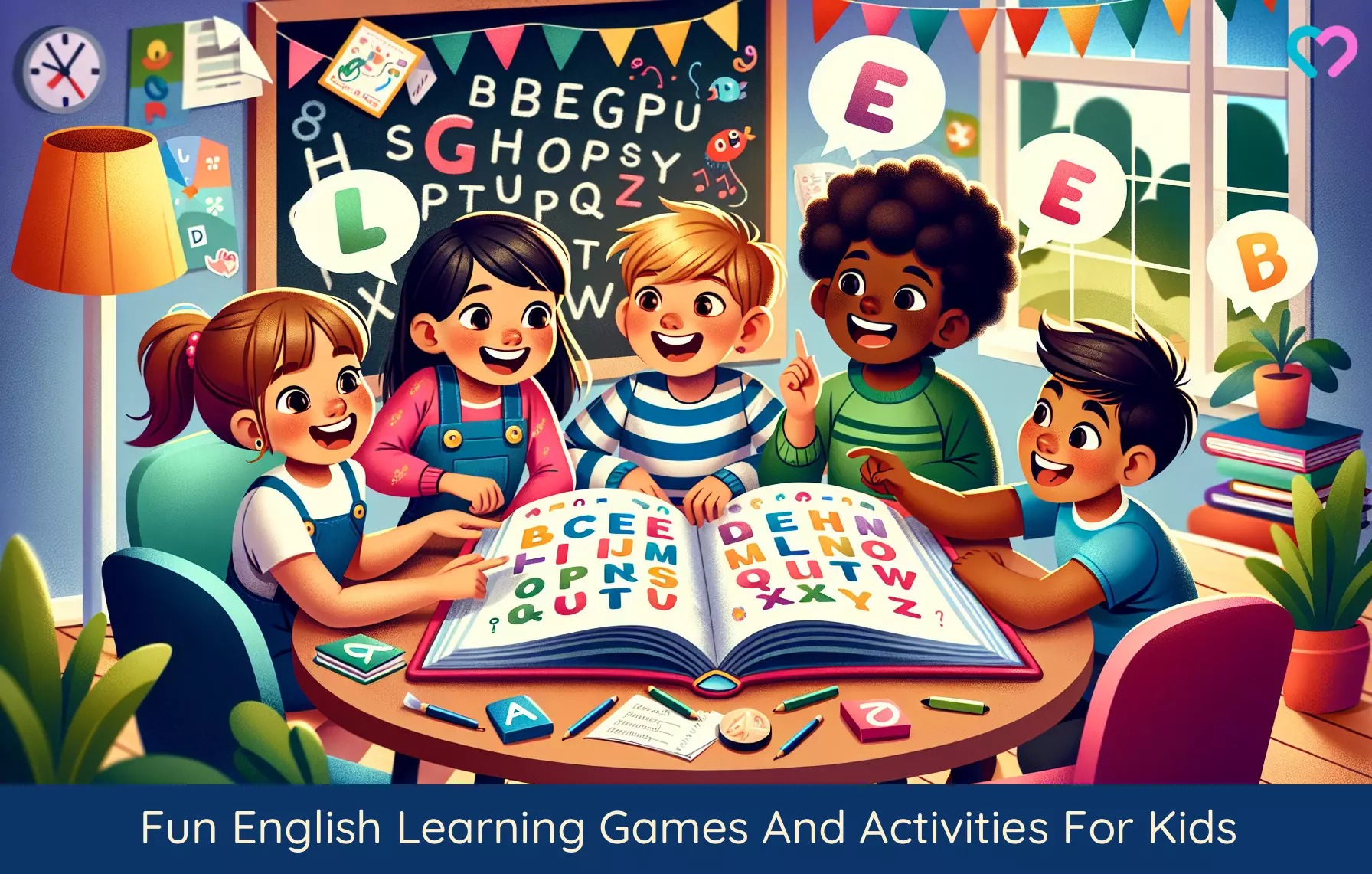
Image: Dalle E/MomJunction Design Team
Infographic: Effective Ways To Teach Children English
English is a global language, and learning it at a young age could benefit children significantly. As a parent, you can try out creative ways to teach English. Check out this infographic to learn about effective ways to teach English to children. Illustration: Momjunction Design Team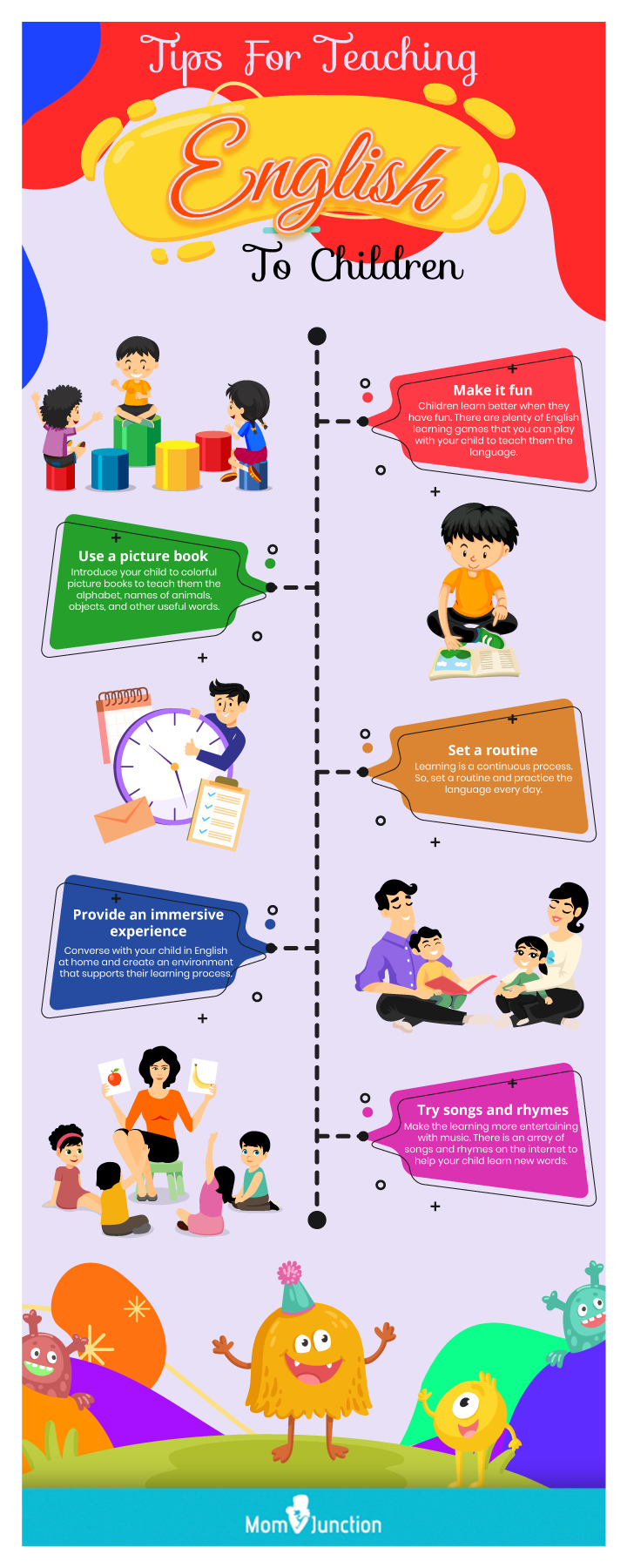
Exciting and fun English games for beginner ESL preschool teachers! Learn the best activities to engage your students and get them speaking English!
Personal Experience: Source
MomJunction articles include first-hand experiences to provide you with better insights through real-life narratives. Here are the sources of personal accounts referenced in this article.
i. Icy alphabet hunt;https://newswithnaylors.blogspot.com/2017/04/icy-alphabet-hunt.html
Community Experiences
Join the conversation and become a part of our nurturing community! Share your stories, experiences, and insights to connect with fellow parents.
Read full bio of Elisabeth Daly
Read full bio of Manjiri Kochrekar
Read full bio of Harshita Makvana
Read full bio of Kavita Kankani








